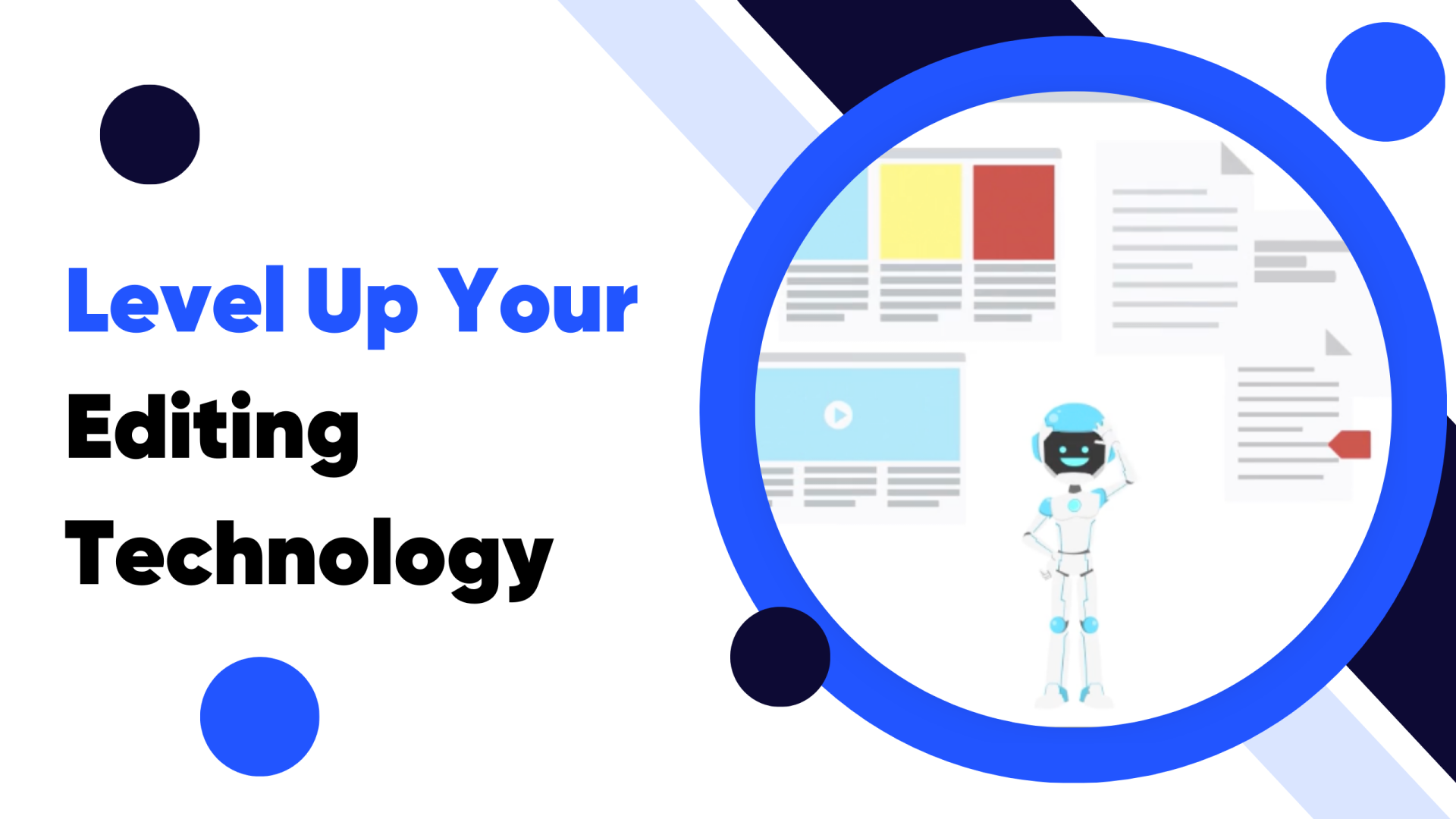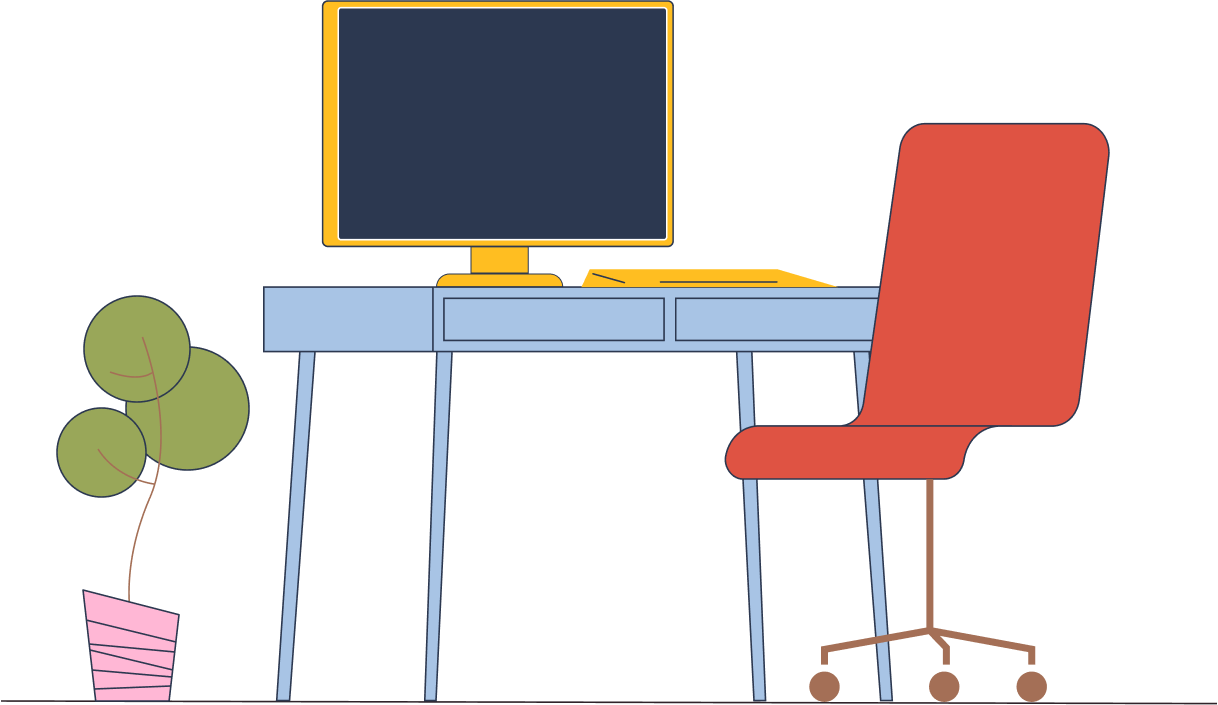technology
Level Up Your Editing Technology
Discover how advanced editing technologies can transform your legal document preparation, elevating the precision and clarity of your legal writing.
-
Joe Regalia

Editing your legal documents is a place where technology may shine brighter than any other in your legal writing process. Technology tools can consistently catch mechanics and grammar mistakes, formatting errors, and typos.
Grammar Checkers and Style Editors
Grammar checkers have evolved beyond simple spell-check functions to sophisticated software that analyzes sentence structure, word choice, and overall clarity.
Tools like Briefcatch, Grammarly and ProWritingAid offer real-time suggestions to refine your prose. These AI-driven tools can spot:
- Passive Voice
- Adverb Overload
- Convoluted sentences that content-word editing would look to simplify
Consistency Scanners
Legal documents demand consistency, be it in terms of terminology, capitalization, or punctuation usage.
Tools such as PerfectIt and LanguageTool can scan entire documents to ensure uniformity. These scanners review your text for inconsistencies and offer changes to maintain a coherent style throughout your document.
for example:
Suppose your brief alternates between ‘advisor’ and ‘adviser.’ A consistency scanner will flag this variation, allowing you to choose one spelling for uniformity.
Editing Software with Checklist Integration
While phase editing bolsters efficiency in the editing process, keeping track of each step can be painstaking.
Enter editing software with integrated checklist features, like Microsoft Word or Google Docs with add-ons such as Checkmark or Process Street.
These tools enable you to create, manage, and follow a customized editing checklist within the document editing interface, ensuring that you systematically address each editing focus point.
for example:
You could set up your editing checklist within your document, marking off tasks such as “check for passive voice” or “shorten long sentences,” thus segmenting your editing process into manageable phases, directly within your writing environment.

Reference Management Software
Legal writing often involves numerous citations, which can be cumbersome to manage.
Reference management software like Zotero and EndNote simplifies organizing and formatting references. They help maintain a library of sources that you can easily cite in-text, and they automatically generate footnotes or end-notes according to various citation styles.
for example:
While writing an argument for a motion, instead of manually inserting citations and risking errors, you can use reference management software to import citations directly from your library, formatted correctly and without the head-spinning hassle.
Personal Dictionaries and Word Expansion Tools
Every legal practitioner has their own set of frequently used terms and phrases. Creating a personal dictionary or using word expansion tools like PhraseExpress can save you precious time and mitigate typos.
Such tools offer auto-complete suggestions for legal terms, ensuring you maintain accuracy while increasing your writing speed.
for example:
By adding common legal terms and case names to your personal dictionary, you reduce the likelihood of misspelling ‘res judicata’ or ‘stare decisis,’ and ensure quick insertion of complex terminology.
Proofreading Software
Finally, during the last stage of document preparation, proofreading software such as Hemingway Editor can prove invaluable. This software:
- Highlights hard-to-read sentences
- Suggests simplifications
- Ensures your final document is clear and concise
The strategic deployment of these technology tools can significantly uplift the quality of legal writing.
However, these tools should complement, not replace, a lawyer's judgment and thorough understanding of legal writing and editing principles. They are aids in our quest for the clearest expression of complex legal ideas—an indelible part of the 21st-century legal writer’s toolkit.
Joe Regalia
Write.law co-founder Joe Regalia combines his experience as both practitioner and professor to create exciting new ways to teach legal skills. Learn more about Joe
Sign up for our newsletter!
Get writing and other legal practice tips delivered to your inbox every other Thursday.
Thanks for joining!
We’ve sent a welcome email to your inbox.
We’ve sent a welcome email to your inbox.
We're on a mission to make legal skills training engaging, effective, easy to use—and accessible to all.


